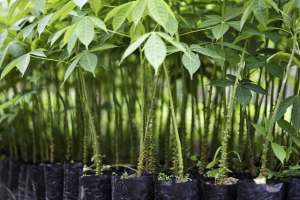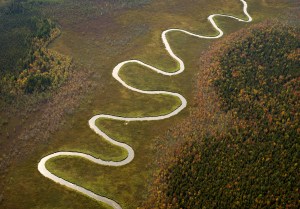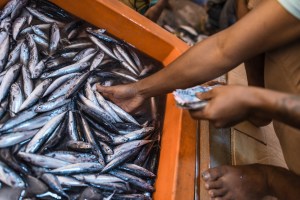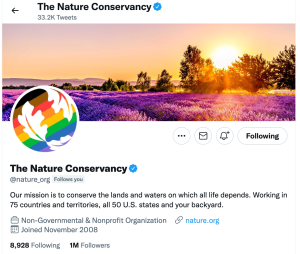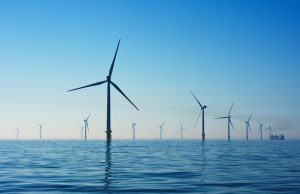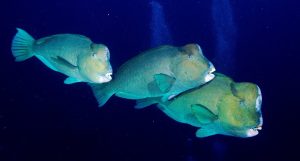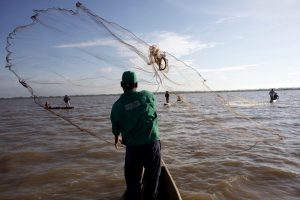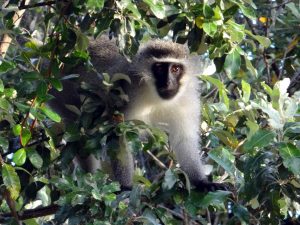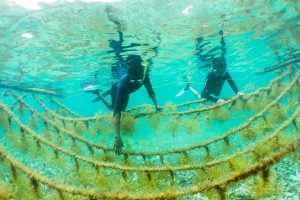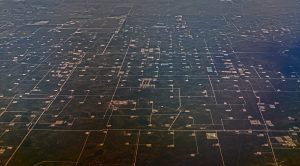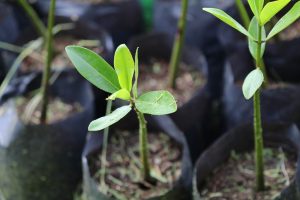Discover stories in Global Policy
Small Land Holders Can Lead the Way in Tropical Tree Cover Restoration
Science shows that when it comes to tropical forest restoration at scale, small landholders matter. A lot.
Why Protected Areas Must Consider What’s Beneath the Surface
New research finds that 85% of protected areas with groundwater-dependent ecosystems have groundwatersheds that may be underprotected.
Lifting All Boats: Six Steps to Enhancing Fairness in Marine Conservation
How can we protect fragile ocean ecosystems while also preserving the cultural and economic lifeways of the people who depend on them?
Turning Tweets into Action?
The science of science communications: Twitter Edition. Study shows promise for accelerating public engagement and advocacy for environmental issues, including climate change and biodiversity conservation.
To Protect Nature, Cities Matter in the Urban Century
New science shows where science-based urban planning could save species, turn cities into biodiversity hubs, and save land for nature.
Can Offshore Wind Development Enhance Fish Habitat?
In addition to providing clean energy, a new report demonstrates that wind turbines can also enhance fish and marine life habitat by incorporating nature-based design principles.
For Parrotfish, One Protected Area Isn’t Enough
Research from the Solomon Islands finds that populations of bumphead parrotfish rely on larvae from other reefs, meaning they’re unlikely to rebound if the entire region is overfished.
Protected Areas are Vital, but they are not Enough for Lasting Biodiversity Conservation
Sustaining global biodiversity requires broadening the area-based conservation toolkit beyond protected areas.
Mammals, Wildlife Trade + the Next Global Pandemic
Scientists report a strong association between wildlife trade and zoonotic disease risk with 25% of mammal species in the trade hosting 75% of viruses known to be transmissible between animals and humans.
Aquaculture Adds Value to Habitat
Bivalve and seaweed farming systems result in measurable increases in fish and invertebrate abundance and diversity.
Energy Matters: The Importance of Mitigating the Land Impacts of Energy and Extraction
Energy and mining could convert nearly as much land as agriculture by 2050 – including nearly 80% of all projected expansion into the world’s most intact natural lands.
Biodiversity Conservation: 7 Principles for Matching Goals with Actions
Scientists offer 7 key principles to help achieve the Convention on Biological Diversity’s 2050 vision: living in harmony with nature.
